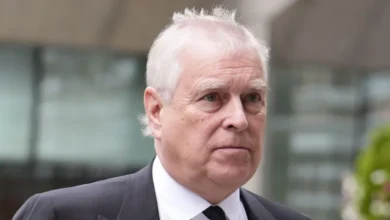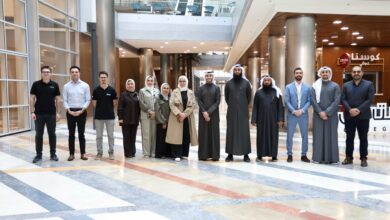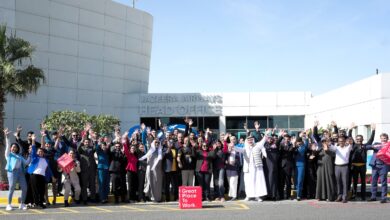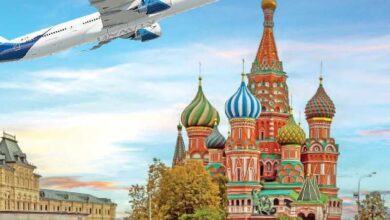Million-strong diaspora, a living-bridge in boosting relations with Kuwait
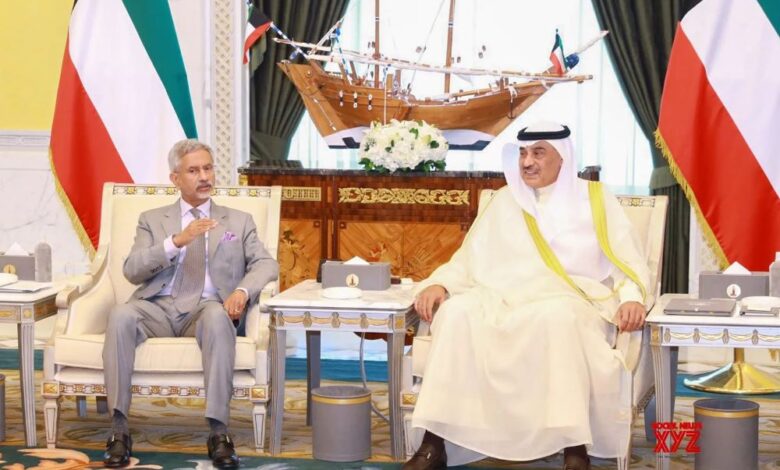
-
Bilateral relations strong and ready for an upgrade
-
We could also explore trade settlements in local currencies. We hope that Kuwait could consider connecting its KNET payment infrastructure to India’s Unified Payments Interface (UPI).”
-
A million Indians reside in Kuwait and send back remittances of USD 1 billion. A community of a million people means that there are a million ambassadors between our nations.”
-
“When it comes to making decisions, our two yardsticks are national interest and global good.
-
India is one of the largest consumers of oil and gas in the world and Kuwait is India’s sixth biggest energy partner.
By Reaven D’Souza
Executive Managing Editor
India and Kuwait are ready for an upgrade of the strong historical relationship between the two countries, India’s External Affairs Minister (EAM) Dr. S. Jaishankar told The Times Kuwait during his one day visit to the country on 18 August.
The minister also praised H H the Crown Prince Sheikh Sabah Khaled Al Sabah, for elevating bilateral ties saying that India and Kuwait shared centuries-old bonds of goodwill and friendship, and that the contemporary partnership between the two countries was expanding steadily.
Elaborating the minister said “Let me highlight some crucial aspects of our ties. A million Indians reside in Kuwait and send back remittances of USD1 billion. This country is our sixth biggest energy partner. The Kuwait Investment Authority (KIA) has made substantial portfolio investments in India. We believe that there is growing Foreign Direct Investment (FDI) interest now. Bilateral trade has long been steady at $10–15 billion. Many Indian companies are involved in infrastructure projects and offer services across multiple domains. Politically, we have long been understanding of each other’s interests. Overall, the relationship is strong and in many ways, ready for an upgrade.”
The Indian foreign minister also halied Kuwait’s PM Sheikh Ahmad Abdulla Al Sabah’s insights on boosting ties and valued the Kuwaiti Prime Minister’s perspectives on enhancing economic cooperation between the two nations.
Indian diaspora as country’s ambassadors
During his brief visit the minister also met and interacted with select members of the Indian community and representatives of Indian associations to hear their point of view on community and consular issues.
Underlining that the Indian diaspora play a significant role in shaping relations with host countries, the Indian EAM said, “As I noted, diaspora serves as a living bridge between our societies. They help build intuitive understanding and serve to smoothen so many of our dealings. It is natural in the world to put a face on every foreign relationship.
“When people in Kuwait think of India, it helps us when they associate our nation with a close friend or acquaintance. As we look to upgrade the level of our partnership, I believe that the importance of the diaspora will only grow further. I am sure that Kuwaiti authorities will also similarly appreciate their full potential and provide even more encouragement and facilities. After all, a community of a million people means that there are a million ambassadors between our nations.”
Enhancing bilateral trade
Expanding on the potential for greater bilateral trade, the foreign minister said, “As I noted, trade levels have been steady at $10-15 billion annually, with energy and the food sector being its mainstay. In recent years, we have seen the beginnings of diversification. More ‘Made in India’ products have entered the Kuwait market, including vehicles, electric machinery and telecom equipment. As India’s own manufacturing capacities deepen, this trend can be expected to intensify.
“There are some factors that could facilitate this journey. We have Free-Trade-Agreement (FTA) discussions underway in the Gulf Cooperation Council (GCC) format. I am aware of Kuwait’s interest in reaching a food security understanding with us, there are also some specific problems pertaining to anti-dumping duties. There is scope to expand cooperation in pharmaceuticals and medical equipment. Recognition of Indian pharmacopoeia would help. We could also explore trade settlements in local currencies. We hope that Kuwait could consider connecting its KNET payment infrastructure to India’s Unified Payments Interface (UPI).”
Future of bilateral energy relations
Asked about the future of bilateral energy relationship in the context of global move towards cleaner sources of energy, Dr. Jaishankar replied, “India is certainly one of Kuwait’s major energy partners, especially in oil and gas. This is likely to continue for some time. In fact, studies done by the International Energy Agency (IEA) suggest that India will actually be one of the major drivers of new demand in this domain because much of our growth is still ahead of us.
“At the same time, it should be noted that we have an ambitious renewable energy target. The objective is to install 500 GW by 2030, out of which 195 GW has already been done. We have been exceptionally active in advocating solar energy and adopting bio-fuels. Two major initiatives, the International Solar Alliance and the Global Biofuel Alliance, bear our imprint. There is now great interest in green hydrogen, on which we have announced a national mission. Similarly, on green ammonia as well. While there is scope for cooperation in the upstream and downstream hydrocarbon sector, it also extends to other forms of energy.”
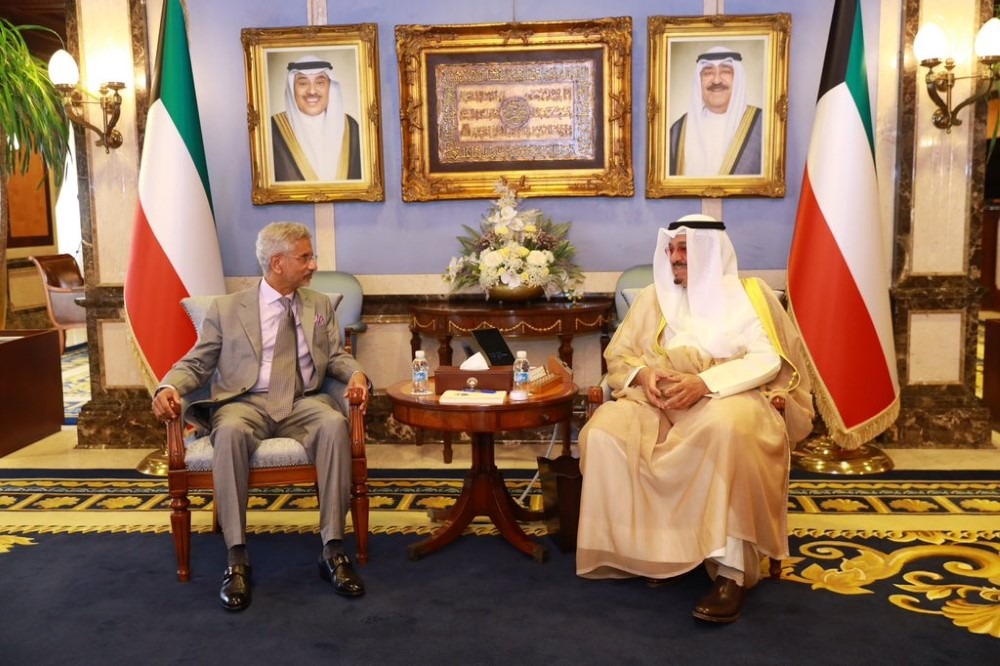
India, an attractive FDI destination
Pointing to the various opportunities for Kuwaiti investments in India, the minister added, “India is today the fastest growing large economy in the world. It is generally expected that this growth rate of 7–8 percent would be maintained for decades to come. There is confidence that we will be the third largest global economy by the end of the decade. The opportunities in India for investment are enormous. There is an extraordinary pace of infrastructure building, whether we talk of highways, rail, airports or grids. In the last decade, 75 new airports and 15 new metros have been built. Every day, almost 30 km of highway and 12 km of railway track are constructed, and the number of education and skill institutions have doubled since 2014.
“There is an economic buzz that characterizes societal sentiment. The spurt in innovation and start-ups in the last decade has been another hallmark of change. Fintech advancements have been dramatic, especially in regard to digital payments. The increase in the pace of manufacturing is reflected both in domestic growth and export surge. Consumer demands are steadily rising as the middle class expands rapidly. The world is today recognizing these trends, making us one of the largest destinations of international investment flows. We would be keen to see Kuwait take more interest in investment possibilities.”
Indian soft-power
Turning to India’s soft-power wielded through its cultural exports such as gastronomy, music, movies, and tourism, as well as the education sector, and how this has impacted global perceptions of India, he said, ”India’s soft power attraction has kept pace with its growing capabilities, especially in the last decade. In Kuwait and the Gulf, perhaps the most obvious example are Indian movies. Many of you are probably as up to date as us, maybe even more so.
“Because of the community serving as a living bridge, you are equally conversant with our cuisine and performing arts. What has made a more recent impression across the world are young Indian artistic talent, expressing themselves in different mediums. You see that in exhibitions and galleries, as in other forms of creativity.
“In the post-Covid era, we have also become more sensitive to wellness traditions and practices. Here, the increasing popularity of yoga has been discernible. Gradually, we are also seeing a better understanding of our traditional health practices. In fact, the WHO Global Traditional Medicine Centre, located in the Indian State of Gujarat, helps to serve as an inspiration.
“Finally, I should mention the growth of tourism possibilities in India. We now have 43 UNESCO World Heritage sites. At every location, new facilities are being built. For tourists from a society with which we have such a long history, this is an opportunity waiting to be explored.”
India-GCC relations
Expounding on India’s relations with the Arab Gulf region and its relations with GCC countries in particular, the minister noted, “The GCC is seen as a key partner by India. After all, the Gulf is such a proximate region with major economic, energy, diaspora, security and political stakes. Do understand that the GCC region accounts for one-sixth of India’s total trade and one-third of its total diaspora. Over 30 percent of our oil and 70 percent of our gas is imported from the GCC. Under Prime Minister Narendra Modi, India has given a particular primacy to cultivating closer ties with GCC member states.
“India’s endeavour has been to engage GCC both collectively and through its individual members. We have a Political dialogue at the Ministerial level that has been ongoing for two decades. I expect to meet my GCC counterparts collectively very soon. Insofar as economic and trade ties are concerned, our energy cooperation has only intensified in the aftermath of the Ukraine conflict.
“As India’s robust growth has unfolded over the last decade, we are also seeing a greater GCC investment interest in India. We are confident that Kuwait is among those desirous of deepening economic linkages. Our FTA discussions have been going on over the last few years. I understand that they are currently focused on finalizing the Terms of Reference.”
Gaza and the Ukraine conflicts
Asked about the ongoing global conflicts, particularly in Palestine and Ukraine, the minister replied, “The two situations are very different. What is common is the need for diplomacy. Where Palestine is concerned, India supports a two-State solution. We feel that in the current conflict in Gaza, there should be due concern for civilian casualties and observance of International Humanitarian Law.
“We have been giving humanitarian assistance through UNRWA and will continue to do so. We also have some notable development projects in the West Bank. Regarding Ukraine, India believes that this is not the era of war and that differences should be settled through dialogue and diplomacy. As a country firmly on the side of peace, we are always willing to contribute to any efforts in the right direction.”
Molding global narratives
Commenting on India’s role in shaping global narratives, and the country’s active participation in the UN and other multilateral fora, Dr. Jaishankar noted, “India is the most populous nation today, the fifth largest economy and an increasing contributor to global good. Through our presence in the UN Security Council and beyond, we have sought to shape the evolution of the world order in the direction of greater multi-polarity and democratization.
“In times of crisis, whether it is the Covid or natural disasters, India has stepped forward as a ‘First Responder’. The people of Kuwait saw that when we sent a medical team for deployment. International maritime shipping appreciates it when we deploy the Navy in the Arabian Sea to secure them. Numerous UN Peacekeeping Operations benefit from India’s participation.
“We have led significant initiatives like the International Solar Alliance, Coalition for Disaster Resilient Infrastructure, Global Biofuels Alliance, International Big Cat Alliance, etc. We are members of more than 50 plurilateral groups and mechanisms, including the Shanghai Cooperation Organization (SCO). By welcoming Kuwait as an SCO dialogue partner during our SCO Presidency in 2023, we strengthened both our bilateral ties and Kuwait’s larger diplomatic interests. I am confident that such understanding will keep our partnership steadily growing.”
Multi-vectoral foreign policy
The minister also elaborated on how India balances its close relationships with global powers while maintaining its independent foreign policy, “India has a multi-vector foreign policy that is designed to continuously strengthen its independence, freedom of choice and pursuit of national interest. In a polarized world, this is not always easy to implement. To facilitate that, we have been very transparent and straightforward with key partners. The message has been that we seek relationships on the basis of sovereign equality, mutual respect and convergent interests. In a multi-polar world, countries are gradually realizing that this is the only way that the range of relationships will expand.
The EAM concluded by pointing out, “When it comes to making decisions, our two yardsticks are national interest and global good. They mostly reinforce each other. Our endeavour is therefore to take a positioning that serves these goals in the most optimal fashion. This requires a lot of thinking through, and a long-term view. At the end of the day, I believe it serves both India and the world well.”







